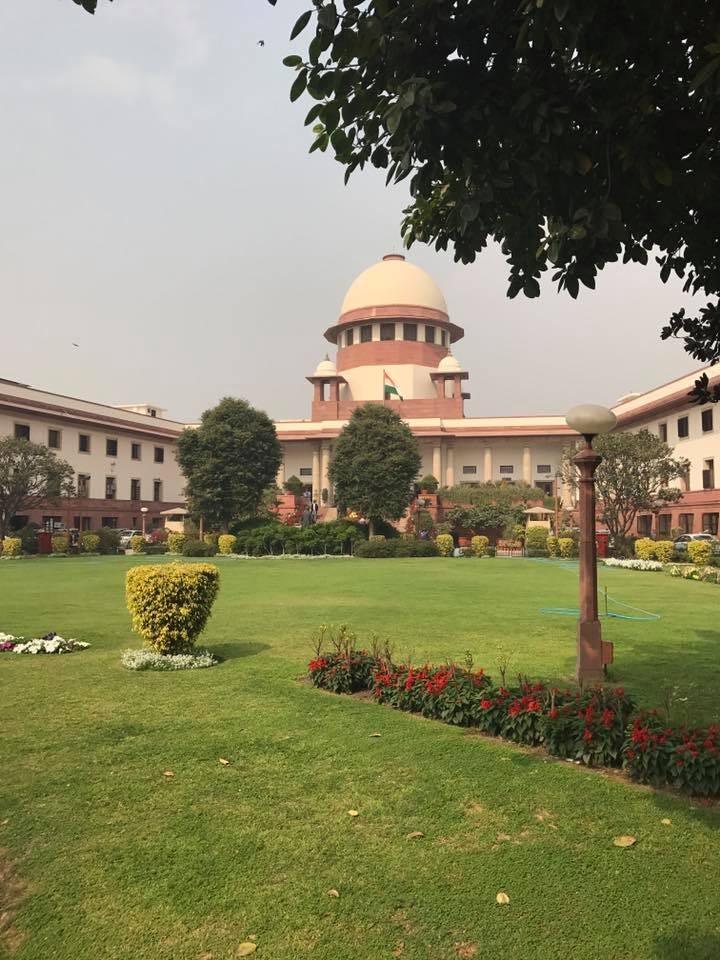Kejriwal in Supreme Court: Quasi-Realtime Coverage {Part1}
Supreme Court Reviews Kejriwal's Arrest Procedures Amid Legal Sparring
Differentiating Statements from Grounds for Arrest
During today's crucial hearing, that is still ongoing, Justice Sanjiv Khanna emphasised to Additional Solicitor General SV Raju that the investigating officer's reasons for believing a suspect's guilt must be clearly outlined in the arrest order itself and should not rely on supplementary arguments. "Your order under Section 19 will stand on its own leg," Justice Khanna stated. Raju acknowledged that the grounds for arrest and the reasons to believe are fundamentally aligned, but Justice Khanna disagreed, stressing that they are distinct.
Examining Witness Statements and Their Admissibility
The Court questioned whether Magunta Reddy and Buchi Babu had been arrested by either the CBI or the Enforcement Directorate (ED). Raju confirmed that Buchi Babu had been arrested by the CBI, but not Reddy. Justice Khanna probed further about the admissibility of Buchi Babu's statement recorded in custody. Raju clarified that Babu would testify as a witness, noting that even if statements recorded after arrest are not admissible, they remain confessional in nature.
Scrutinising the Evidence Linking Kejriwal
Justice Khanna requested that the ED provide clear statements implicating Arvind Kejriwal, asking for the relevant dates. Raju responded that the written submissions contained extracted material and promised to address it during the hearing.
Interpreting the "Material" Standard
Raju pointed out that Section 19 of the PMLA specifies "material" instead of "evidence," indicating that the arresting officer does not necessarily require admissible evidence. Justice Khanna countered that the officer must still comply with the legislative mandate, emphasising the need to safeguard individual liberty.
Maintaining a High Standard of Proof
Justice Khanna cautioned that all material needs to be considered and that the standard for arrest should be higher, citing the precedent set in the Vijay Madanlal Chaudhary case. He warned that the ED might be acting contrary to that judgment.
Shifting Burdens of Proof
Solicitor General Tushar Mehta argued that the ED should not be responsible for meeting the burden of proof usually expected during a bail hearing. Justice Khanna, however, clarified that while the onus is on the ED at the time of remand, it shifts to the petitioner during bail proceedings. "At the time of remand, the onus is on you. At the time of bail, it's on him. He says you have not discharged that burden."
The Bench will continue to weigh these crucial legal arguments, seeking a thorough understanding of the case before reaching a final decision on the legality of Kejriwal's arrest. And, our coverage will continue. Stay tuned1.






